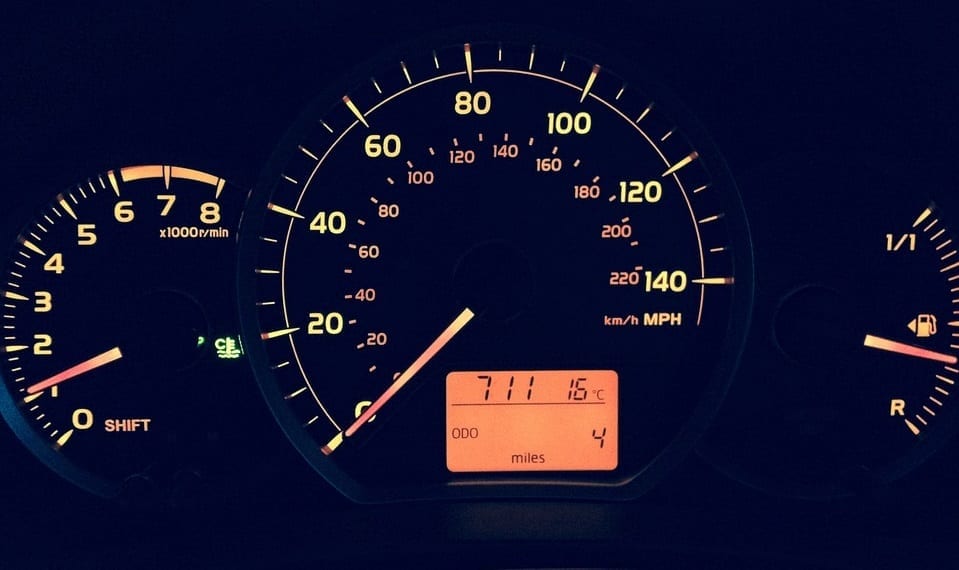Consumer Federation of America research found that drivers who don’t drive much don’t save.
Most people would assume that drivers who don’t head out on the road much receive an auto insurance premium discount. However, the Consumer Federation of America (CFA) says otherwise.
A recent CFA study shows motorists with low mileage aren’t enjoying car policy savings.
The only state where an auto insurance premium discount is applied for low mileage drivers is California. The consumer advocacy group pointed out that the state legally requires insurers to provide the price reduction.
“You’ll often pay about the same auto insurance premium whether you commute 90 miles round trip every day or if you take public transit to work and only drive on the weekends,” said CFA director of insurance, Robert Hunter. Hunter is also a former insurance commissioner from Texas. “If you drive less, you should pay less, because you can’t crash when you’re not driving,” he said.
In those cities, the largest auto insurance companies typically offered no reduction in premiums for low-mileage drivers. High-mileage motorists paid about the same amount, said the CFA.
The organization conducted a review of 275 quotes for basic liability coverage. It obtained the quotes from five large car insurance companies. For every 5,000 miles driven, consumers saved about $30 per year, said the CFA. That figure translates to a reduction of about 1.5 percent. On the other hand, in California, low-mileage drivers saved an average of $81 per 5,000 miles driven. That figure translates to a much higher 8.7 percent.
For example, Progressive Insurance and Farmers Insurance typically charge low and high mileage drivers the same rate. Someone who drives 2,500 miles per year would pay the same as a similar driver going 22,500 miles per year.
That said, the CFA reported that the amount a person drives is among the largest factors determining risk. The more a person is on the road, the greater the chance of a collision. However, insurance company premium calculations are prioritizing personal characteristics. Those include factors such as marital status and credit score, said the CFA.
The Property Casualty Insurers Association of America (PCI) has disputed the CFA findings. PCI vice president of policy, David Snyder said the CFA auto insurance premium discount research was “flawed.” Vehicle mileage matters, but the driving conditions and habits are a greater risk predicting factor, said Snyder.

